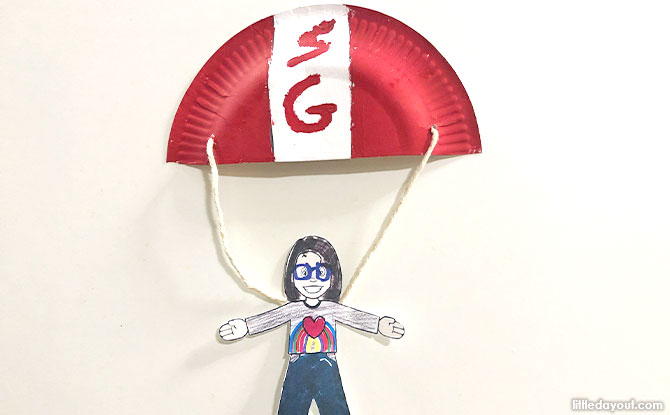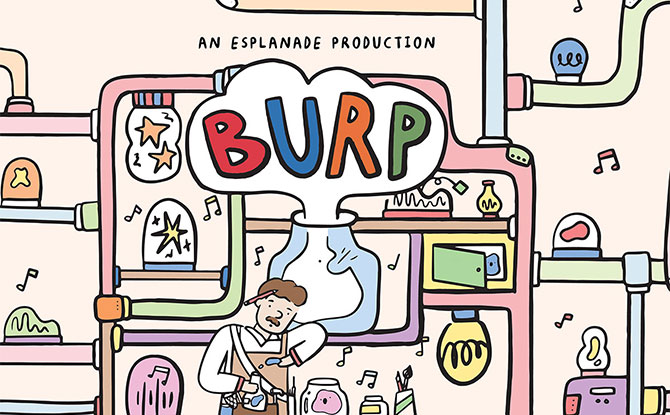
Compassion is being concerned for the misfortunes of others accompanied by a strong desire to alleviate them. The literal meaning is “to suffer together”. How can we raise compassionate children who are sensitive to the needs of others?
Much compassion is needful in our society, where diversity and difference abound. It can be challenging with many children living in excesses and know not what it is like to be discriminated against or the meaning of poverty.
Here are some ways parents and caregivers can raise compassionate children.
1. Befriend those who are different
Whether it’s the estate cleaner or a neighbour or a classmate with learning difficulties, we can make friends with them intentionally. A simple hello can go a long way. Noticing and befriending people who may be different from us can encourage the children to look past the differences (if they notice them).
BE PSLE-READY: Join Expert Educators for Revision Boosters to Empower P6 Students
BURP: Join the Sound Collector on a Whimsical Chase at Esplanade – Theatres on the Bay
WEEKEND IDEAS: Get Inspirational Ideas of Things to Do
Helping is the next step we should encourage as well.
2. Practise compassion

Scenarios at home are perhaps the best practice grounds for compassion. A child fallen ill, or scraped knees, a painful pinky, a headache, a rough day or having trouble with a math problem – are all opportunities for the family to show some compassion.
From the basics “Are you okay?” to “Ouch, that must hurt.” and “that is frustrating, let me help you”, these words begin a dialogue and an interaction that can show compassion. Siblings can help one another; children can try to assist their parents or comfort them and vice versa. We can definitely start being compassionate at home!
3. Ask about acts of kindness
What is the first question you ask when your child returns home from school? Perhaps those first few sentences are indicative of what we deem important in their lives.
Instead of “How was your spelling test?”, more questions on “Did you help anyone today?” or “Were you kind to anyone today?” can be posed. If the answers are no, take the chance to ask about scenarios that they can help in. Have a conversation about how we can always be of help. We can also praise our children at home when they show compassion to others.
4. Read about compassion
A great way to learn about compassion is to read about it.
Here are some book recommendations:
- The Invisible People series all about jobs marginalised in society to spark conversations with our children
- Come with Me, by Holly M Mcghee, about a girl saddened by the news on TV and wants to make the world a better place
- How to be a Lion by Ed Vere, challenges assumptions about lions and questions befriending a duck
- Hey, Little Ant by Phillip Hoose and Hannah Hoose, about speaking up for an ant
- Last Stop on Market Street by Matt de La Pena, about seeing the beauty in our surroundings
- Those Shoes, by Maribeth Boelts, about selflessness amid peer pressure
5. Model compassion
One of the essential steps to encouraging compassion is to model it. Parents ought to be examples as their actions speak loudly and clearly. Whether it’s compassion to the domestic helper, the bus driver, stall owners or elderly neighbours, these are the perfect opportunities to let children learn it in real life.
6. Volunteering with the family
How about fostering a culture of compassion in the family? Volunteer together in the different charities. Learn about the work of the social service organisations, NGOs and volunteer groups that reach out to the vulnerable segments of society and join in to help.
Compassion begins with us
A gracious, compassionate society begins with us. Let’s reach out to the marginalised, oft invisible people in our midst and help give them the comfort that someone cares. Just as we want others to be compassionate towards our children when they are facing trouble, we should treat others as how we want to be treated.























